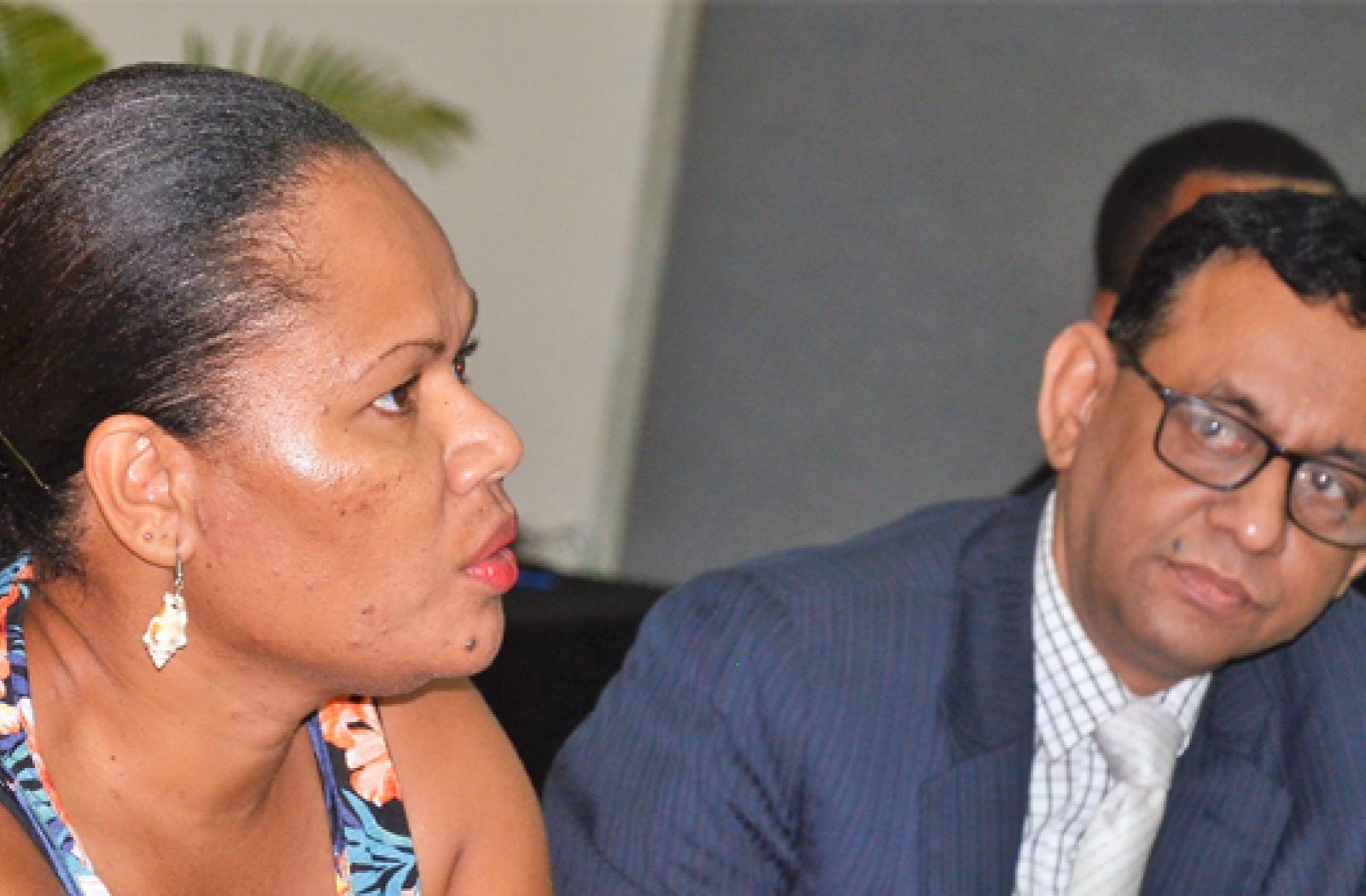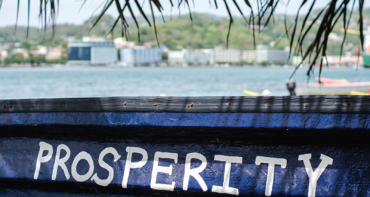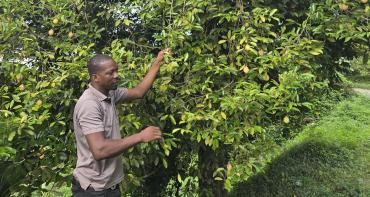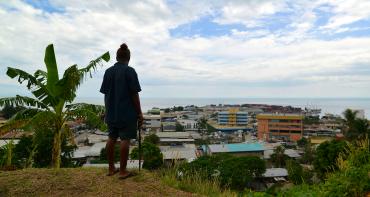Commonwealth countries wrapped up two days of deliberations today, with a plan to support micro, small and medium-sized businesses looking to gain a foothold in global markets and supply chains.

Commonwealth countries wrapped up two days of deliberations today, with a plan to support micro, small and medium-sized businesses looking to gain a foothold in global markets and supply chains.
The roadmap, containing ‘early harvest’ outputs for the coming year, was agreed at the first meeting of the Supply Side Connectivity Cluster in Port Vila, Vanuatu. The 13-member working group is part of the Commonwealth’s flagship programme for trade and investment, known as the Commonwealth Connectivity Agenda (CCA).
The CCA was agreed in 2018 by 53 member states seeking to boost intra-Commonwealth trade to $2 trillion by 2030. Voluntary ‘clusters’ of countries take the lead on driving action in six areas of connectivity: physical, digital, regulatory, business-to-business and supply side.
The supply side group looks at the challenges faced by agricultural suppliers feeding into various points of the global production process, from crop farming to processing, packaging and retail.
Eleven out of 13 cluster members are small island states, with widespread micro, small and medium enterprises (MSMEs) that face limits in how much they can supply, how much finance is available to them, and the access they have to global markets.
Representing Vanuatu as chair of the cluster, the Ambassador of Vanuatu to the EU, John Licht said: “A lot of the issues are quite common to MSMEs in the Pacific, Caribbean as well as in Africa and Asia. Value addition is very important - instead of focusing only on primary produce, the shift is to downstream processing and value adding.”
John Licht Ambassador landscape
The lead expert on the Commonwealth Connectivity Agenda, Kirk Haywood said: “The aim of the Supply Side Cluster is for members to collaborate in finding solutions while also maximising opportunities, such as identifying niche markets, adding value to products, and harnessing new technologies.”
Apral Deterville landscape
Agreed actions include zeroing in on opportunities as well as hurdles to joining global value chains, with a focus on coconut, palm oil and soya bean crops.
Members will also pinpoint the most effective financing options for agribusinesses, by sharing first-hand experiences and information.
Countries will seek ways to harness technology to support business development, but also pin down potential disruptive effects.
Finally, the cluster aims to better understand how governments, industry associations, and other business stakeholders can work together to help MSMEs, as well as explore the role of the sector in the green economy, including the impact of climate change.
The roadmap for action will be rolled out over the coming year, leading up to the next Commonwealth Heads of Government Meeting in 2020.



